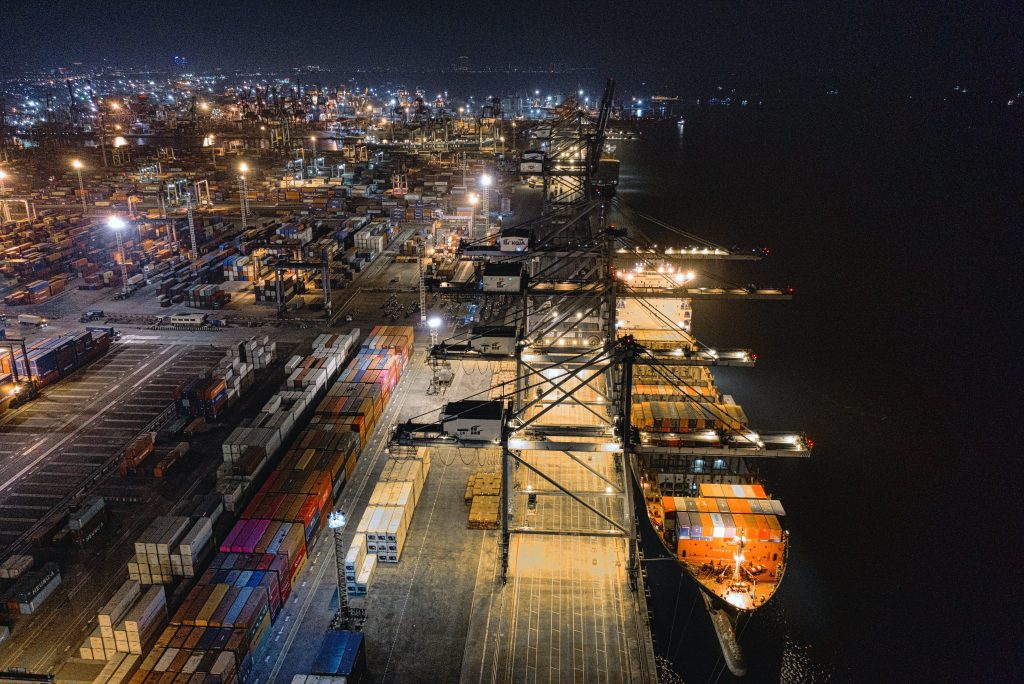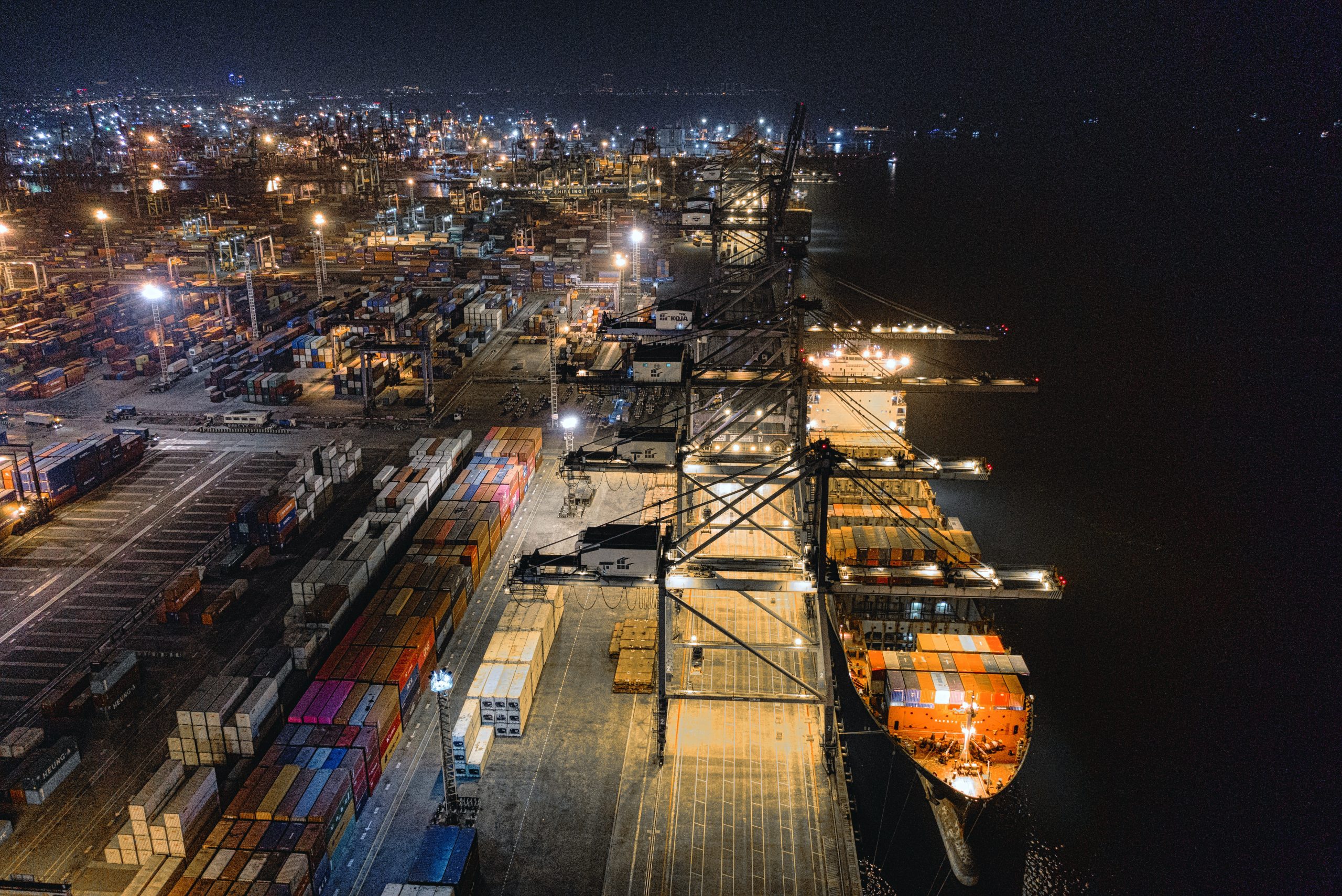What Does A CFS Do?
A container freight station (CFS) is a facility where cargo is consolidated. However, this is not the only role they play. Firstly, a container freight station organizes and separates loose cargo. Secondly, the CFS labels and prepares the cargo for further transport. Many times a CFS will palletize the cargo if required or requested.
Who Typically Uses A Container Freight Station
A CFS is especially beneficial for less-than-truckload (LTL) shipments. Because, a CFS allows cargo to be consolidated into one container. This is especially useful for small and medium sized businesses. Primarily, because a startup business may not have capital to bring an entire truckload of goods. In addition, a CFS provides additional services such as customs clearance, freight classification and cargo insurance.

A Final Word About Container Freight Stations
By utilizing a CFS, businesses can ensure that their products arrive safely at the destination of their choice. This makes CFS’s an invaluable resource for businesses involved in international trade. With a CFS, they can rest assured that their cargo is in good hands.
Therefore, if you want a reliable way to transport your goods overseas, a container freight station may is your solution. With their range of services, convenience and cost efficiency, CFSs offer a great way to manage and move international cargo.
Once your cargo arrives at the CFS, it is ready to ship to its final destination. All you need to do is provide the necessary documentation and the cargo will be shipped safely and efficiently. A container freight station makes international shipping easy and hassle-free!
Top 10 States With Highest Value Of Incoming & Outgoing Freight
Inbound Shipments
- California
- Illinois
- Michigan
- Texas
- Ohio
- Indiana
- New York
- Georgia
- Florida
- New Jersey
Outbound Shipments
- California
- Texas
- Michigan
- New York
- New Jersey
- North Carolina
- Washington
- Louisiana
- Florida
- Pennsylvania






